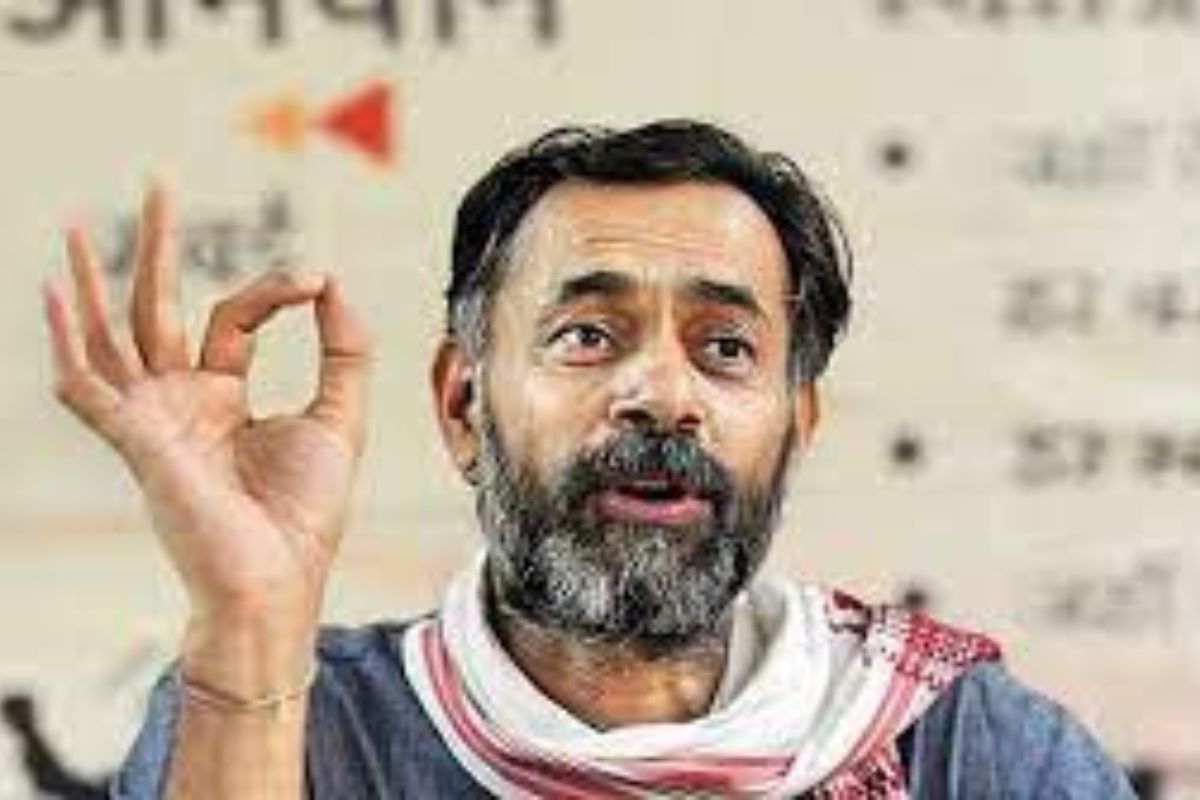Political scientists Suhas Palshikar and Yogendra Yadav expressed their strong desire to disassociate themselves from the political science textbooks published by the National Council for Educational Research and Training (NCERT). They emphasized that they could not be compelled to endorse a textbook that they no longer recognize.
In a letter addressed to NCERT, Palshikar and Yadav criticized the rationalization process, stating that it had significantly distorted and rendered the books academically dysfunctional. They requested the removal of their names from the textbooks, highlighting their disappointment in how these once cherished sources of pride had now become a source of embarrassment.
Advertisement
In response, the NCERT asserted that withdrawing anyone’s association was not an option, as the development of school-level textbooks was based on collective knowledge and understanding rather than individual authorship claims.
Palshikar and Yadav clarified that their concerns were not about authorship, copyrights, or the legal authority of the NCERT to modify the textbooks. Their main contention was that if the NCERT could exercise its legal right to distort and mutilate the text, they should be able to exercise their moral and legal right to dissociate themselves from a textbook they did not endorse. They argued that their continued inclusion in the books created a false impression of endorsement and requested their names be removed.
The statement further emphasized that the two were the authors of the signed letter introducing each book, and they questioned how they could be compelled to introduce a textbook they no longer recognized. They called upon the NCERT to publish the names of the experts responsible for the changes if they were willing to make alterations as desired. Palshikar and Yadav urged the NCERT to remove their names from the textbooks that had previously been a source of pride but were now a source of embarrassment.
Palshikar, an academician and political scientist, and Yadav, a political scientist and leader of Swaraj India, previously served as chief advisors for the political science books for Classes 9 to 12. These books were originally published in 2006-07 based on the 2005 version of the National Curriculum Framework (NCF). Their names were mentioned in a “letter to students” and in the list of members of the textbook development team at the beginning of each book.
Palshikar and Yadav argued that while the modifications to the textbooks were justified under the guise of rationalization, they failed to see any pedagogic rationale behind the changes. They criticized the extensive mutilation of the text and highlighted the numerous irrational cuts and deletions without any effort to address the resulting gaps.
The controversy surrounding the dropping of various topics and portions from NCERT textbooks last month led to accusations by the opposition, who blamed the BJP-led Centre for attempting to whitewash with vengeance. The controversy was fueled by the fact that while some changes made during the rationalization exercise were notified, certain controversial deletions were not mentioned, leading to suspicions of surreptitious removal.
Initially, the NCERT described the omissions as possible oversights but refused to reverse the deletions, citing the recommendations of experts. The NCERT mentioned that the textbooks were scheduled for revision in 2024 when the new National Curriculum Framework (NCF) would be implemented. However, the NCERT later altered its position, stating that “minor changes need not be notified.”











